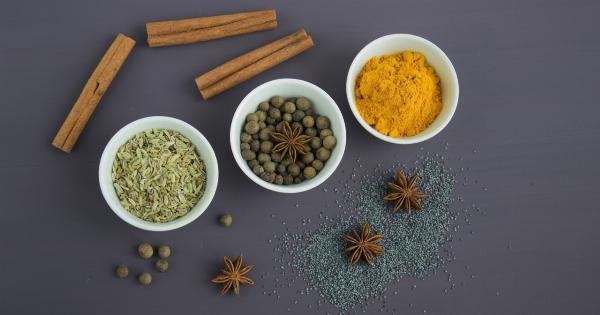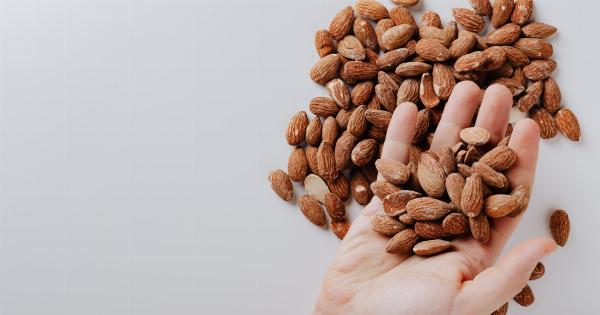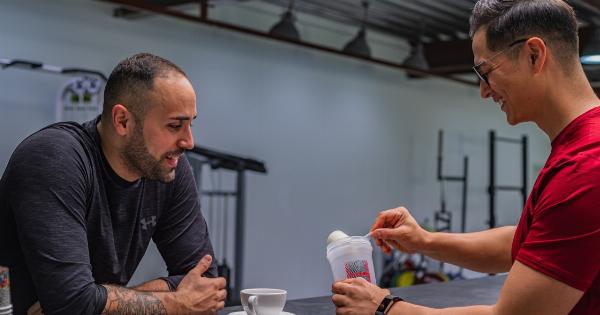As human beings, we all have a common desire to live longer and maintain a youthful glow.
While aging is a natural process that cannot be stopped, you can slow it down through a healthy lifestyle and consuming a diet filled with essential nutrients, including proteins. Proteins play a vital role in our body’s performance and longevity, which is why it is critical to understand how they can help us live a longer and healthier life.
What are Proteins?
Proteins are the building blocks of life, composed of essential amino acids that are required to maintain and repair different body tissues and organs. In simpler terms, proteins are like the workers who maintain and repair cells in our body.
The human body requires proteins to help grow and maintain muscles, hair, skin, and other internal organs.
: Types of Proteins
There are different types of proteins that the human body needs to function correctly. The following are the most common types of proteins:.
: 1. Structural Proteins
Structural proteins are designed to provide support and strength to cells, tissues, and organs. These proteins include collagen, elastin, keratin, and actin.
: 2. Enzymes
Enzymes are biological catalysts that help break down food and other necessary substances. They include amylase, lipase, protease, and lactase.
: 3. Hormones
Hormones are body chemicals that control different functions in the body. Hormones regulate metabolism, energy, growth, and development. Insulin, testosterone, oxytocin, and estrogen are examples of hormones.
: 4. Transport Proteins
Transport proteins carry molecules, nutrients, and other substances throughout the body. Hemoglobin is an example of a transport protein.
: 5. Antibodies
Antibodies are proteins that help fight off viruses, bacteria, and other foreign substances. They play a critical role in the human immune system, protecting us from diseases and infections.
: The Role of Proteins in Longevity and Anti-Aging
Proteins play a vital role in our body’s performance, including how we age. As we get older, our muscle mass decreases, and our body becomes less able to repair and regenerate cells.
Consuming proteins can help prevent sarcopenia, a condition where the body loses muscle mass and function, leading to frailty and mobility issues.
Moreover, some proteins have anti-aging properties, helping reduce fine lines, wrinkles, and age spots. Collagen, elastin, and keratin are all examples of structural proteins that keep our skin firm and elastic, reducing the appearance of aging.
Moreover, consuming protein can help reduce inflammation, a contributing factor to aging.
How Much Protein Do You Need?
The amount of protein a person needs varies based on age, sex, weight, and physical activity. According to the National Institutes of Health (NIH), adults require an average of 0.8-1.0 grams of protein per kilogram of body weight per day.
However, athletes, bodybuilders, and individuals with high body mass indices (BMI) may require more protein daily to maintain muscle mass and support recovery after workouts or injuries.
Protein Sources
There are numerous protein sources, including plant-based and animal-based proteins. Animal-based sources include beef, chicken, fish, and eggs. Plant-based sources include beans, lentils, tofu, nuts, and seeds.
Consuming a balanced diet full of different high-quality proteins is essential to maintaining good overall health and longevity.
: Conclusion
In conclusion, proteins play a critical role in promoting longevity and anti-aging. A balanced diet rich in proteins can prevent age-related muscle loss, improve skin elasticity, reduce inflammation, and promote overall health.
Therefore, it is vital to incorporate a variety of protein sources into your diet to ensure that you maintain good health as you age.



























